Primrose Extract
#primrose #wound healing #anti-microbial
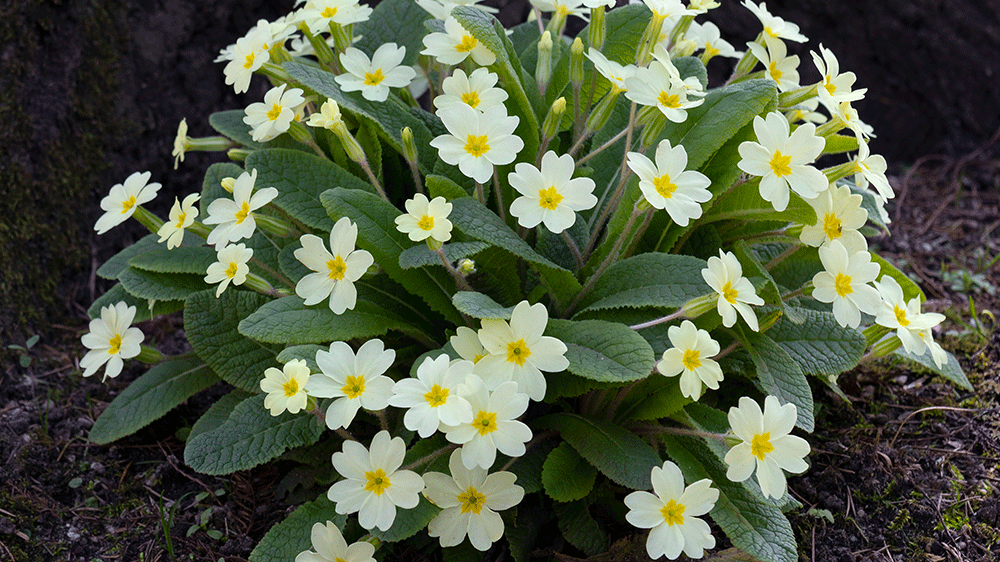
- INCI Name
- Primula Vulgaris Extract
- IECIC Name
- PRIMULA VULGARIS EXTRACT
- Efficacy
- Wound Healing, Anti-microbial, Anti-stress
- Certification
-

Primula vulgaris, commonly known as primrose which is derived from the Latin ‘Prima rosa’ meaning ‘first rose’ as it blooms in early spring. It grows prolifically in western and southern Europe. It is a perennial plant growing in hemispherical clumps and producing flowers with five notched petals. The flowers and leaves are edible and can be made into a tea or syrup, and added to salad, soup, or stews. Primrose has a long history of use in Western Herbal Medicine internally to treat bronchitis, respiratory tract infections, insomnia, anxiety, rheumatic disorders, and gout and externally to heal minor wounds in the form of an ointment and to relieve rheumatic pain.
Several scientific studies focused on anti-microbial and anti-fungi effects of family Primulaceae. The leaves and roots extraction of P. vulgaris were demonstrated to have a broad range of anti-microbial activity against Gram (+) and (-) bacteria including E. coli, P. areuginosa, and S. aureus.
- Recommended Product
-
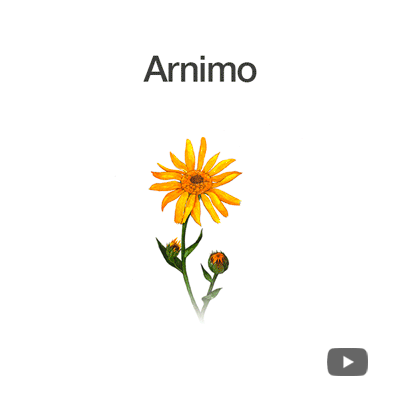 #arnica #anti-dandruff #anti-shedding #deodorizing Arnimo
#arnica #anti-dandruff #anti-shedding #deodorizing ArnimoArnica Montana Flower Extract
-
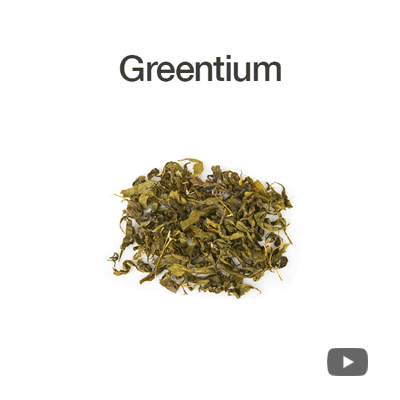 #green tea #well-aging #anti-aging Greentium
#green tea #well-aging #anti-aging GreentiumAspergillus/Camellia Sinensis Leaf Ferment Extract
-
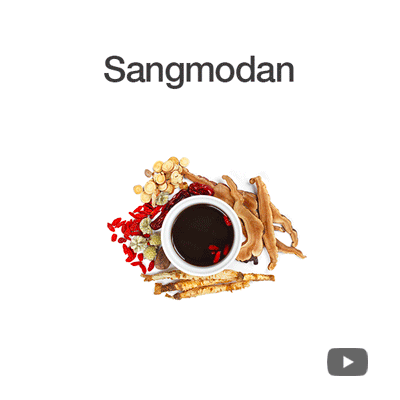 #11 TKM plants #anti-oxidant #hair growth Sangmodan
#11 TKM plants #anti-oxidant #hair growth SangmodanSophora Flavescens Root Extract, Capsicum Annuum Fruit Extract, Lycium Chinense Fruit Extract, Camellia Sinensis Leaf Extract, Angelica Gigas Root Extract, Angelica Dahurica Root Extract, Rubus Coreanus Fruit Extract, Morus Alba Root Extract, Pinus Palustris Leaf Extract, Lithospermum Erythrorhizon Root Extract, Polygonum Multiflorum Root Extract
-
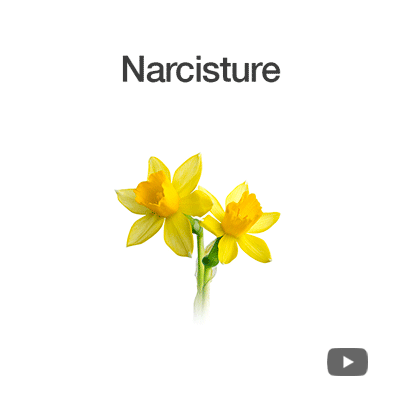 #narcisture #anti-inflammatory #skin moisturizing Narcisture
#narcisture #anti-inflammatory #skin moisturizing NarcistureNarcissus Tazetta Bulb Extract
- Product Inquiry






